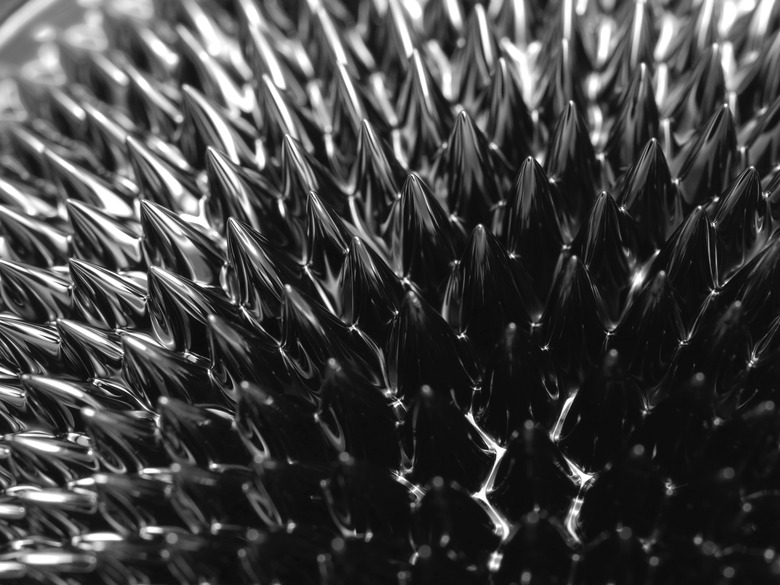Physical Address
Suite 5, 181 High Street,
Willoughby North NSW 2068
Physical Address
Suite 5, 181 High Street,
Willoughby North NSW 2068

Three types of metals interact with magnetic fields: ferromagnetic, paramagnetic and diamagnetic metals. Ferromagnetic metals are strongly attracted to magnets; the rest are not. Magnets also attract paramagnetic metals, but very weakly. Diamagnetic metals repel the magnet, though the force is typically very weak.
Ferromagnetic metals are strongly attracted by a magnetic force. The common ferromagnetic metals include iron, nickel, cobalt, gadolinium, dysprosium and alloys such as steel that also contain specific ferromagnetic metals such as iron or nickel. Ferromagnetic metals are commonly used to make permanent magnets.
A magnet will weakly attract paramagnetic metals such as magnesium, molybdenum and tantalum are weakly attracted to a magnetic force. The attractive force is about a million times weaker than the force attracting ferromagnetic materials; so you’ll never feel the attraction from holding a magnet to a piece of magnesium, for example. Only very sensitive scientific equipment can measure the weak force. Diamagnetic metals don’t attract magnets – they repel them, though weakly. Examples include:
• copper• carbon• gold• silver• lead• bismuth
The repelling force is weak for most of these metals, though certain types of pure graphite can “float” a strong magnet.